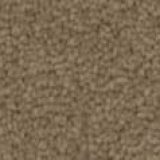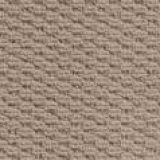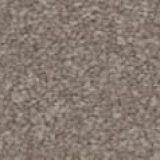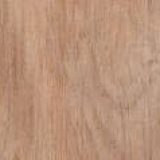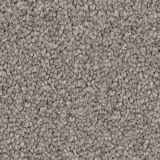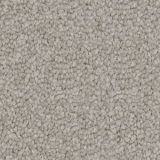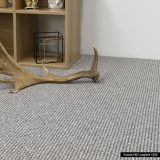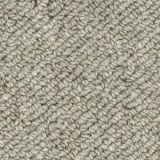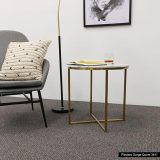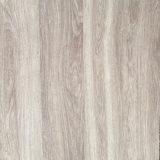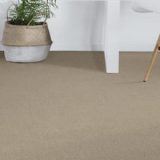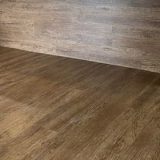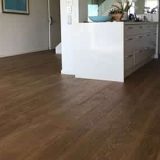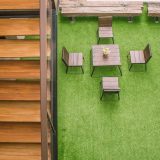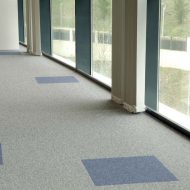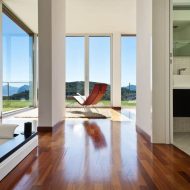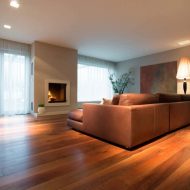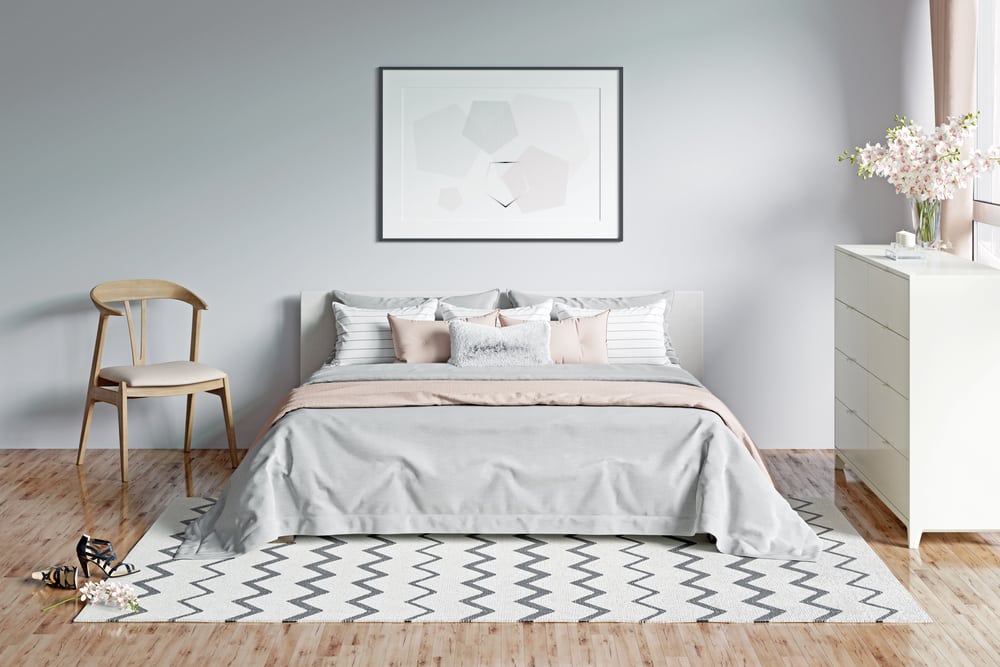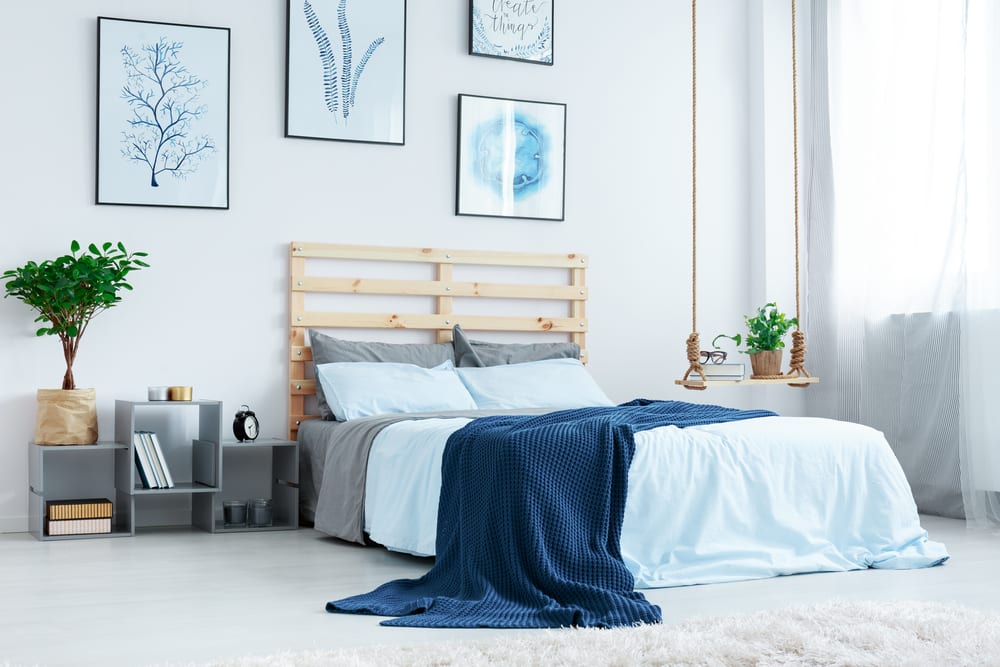Commercial conditions such as those in an office environment are often much more demanding compared to domestic environments, not least because there is usually a whole lot more foot traffic! But flooring can be expensive, so it’s important the right material be chosen for the right environment and that it’s installed correctly. Here are the best types of flooring for offices.
Carpets Are Quiet And Budget-Friendly
When it comes to exploring commercial flooring, carpets are an economical option definitely worth considering as they are often a lot cheaper per square metre than materials like ceramic tiles for example. Carpeted floors also provide comfort underfoot with soft cushioning, and they give a warm and cosy feeling to a room by increasing insulation.
Floors laid with carpet also reduce glare, are easy to maintain and can reduce the impact and the risk of slips and falls and the severity of injuries if accidents do happen to occur.
Carpets can also create a quieter environment by reducing reverberation noise, which can lead to increased privacy, better social interaction and allow you to hear and understand your colleagues better!
Indoor air quality can also be enhanced with carpets as their pile surface can trap airborne dust, absorb harmful contaminants including volatile organic compounds (VOCs) and help purify the air by reducing indoor pollutants that can trigger asthma and allergies.
If you’re considering carpets for an office, it’s also worth remembering the advantages of their aesthetics. Carpets offer a large scope of design flexibility and come in a wide range of styles, colours and surface textures that will suit almost any indoor space.
Carpet Tiles Are Practical And Easy To Install
Sharing many of the advantages of carpets, carpet tiles as a commercial flooring option have a number of additional benefits as well. First and foremost, they’re easy to install and enable even the most amateur DIY’er to have perfectly laid flooring without paying for the services of a professional.
Carpet tiles are ideal for oddly shaped floors and can be installed around existing furniture meaning you don’t have to clean out an entire room before undertaking the job. They’re also a time saver as you can lay carpet tiles straight over the top of concrete, wooden or laminate floors and simply secure them with tape.
This factor also makes them practical, low maintenance and cost-effective (no underlay or installation costs) even in high traffic areas. Because they’re not glued down, they can also be lifted and moved around. Tiles can be taken out, cleaned and put back easily and if individual tiles become too stained, faded or worn you can simply replace them with new ones!
Carpet tiles for offices also offer you the chance to be creative and flexible when it comes to interior design. Hexagons, squares, rectangles, triangles and trapezoids … they come in a huge range of patterns, which opens up a world of design possibilities. You can mix and match tiles to suit your office décor and because they’re smaller in size, they can be installed on a quarter turn basis. This means an entire floor area doesn’t have to be covered with the same design – the end result is just up to your imagination!
Timber Is Sustainable And Easy To Clean
Some people may overlook timber floors for offices due to their perceived expense outlay, however timber offers character and a timeless appeal that can’t be replicated in other flooring materials. In an office space it can elevate the aesthetics of a property as well as create a warm and inviting space to work in. When using timber for commercial flooring you also have the choice of a broad range of colours and textures from Australian species including Jarrah, Spotted Gum and Black Butt.
A quality timber floor is also tougher and more durable than other flooring products, can last more than 100 years and at the most will just require a light scuff back and recoat after about 10 years. Cleaning timber floors is also a relatively easy task, and they won’t trap dirt and allergens like carpeted floors for example.
Timber floors are also energy efficient and are sustainable, particularly if made using timber from carefully managed Australian forests. This is because timber stores carbon for life by removing carbon dioxide from the atmosphere. The carbon emissions during timber production are also much less than those of other flooring materials and wood products break down naturally when disposed of, whereas vinyl, tiles and carpet does not.
Studies have also shown that wood can improve air quality through humidity moderation and offer multiple health benefits including reducing blood pressure, stress levels and heart rate!
Vinyl Flooring Is Durable And Water Resistant
When it comes to types of flooring for offices, vinyl sheet flooring has in the past been a cost competitive option for many business owners. And thanks to modern technology, plank or tile vinyl flooring now offers the look, feel and design of a natural hardwood floor with a few added extras.
In terms of the advantages of vinyl floors for offices, they are cost effective, durable and can cope with heavy traffic. They are also easy to maintain – they can be swept, mopped or vacuumed without causing any damage.
They are also available in a variety of patterns, colours and imitation wood grains, and can also replicate ceramic tiles and natural stone. A variety of textures are also available including smooth and pebbled styles and non-slip finishes can also be applied to ensure surfaces remain safe and sturdy at all times.
One of the biggest advantages of vinyl flooring is that is can be used in wet areas such as bathrooms, and some products even contain anti-microbial agents that inhibit the growth of mould. So they are perfect for office environments like bathrooms, shower areas and kitchens.
Researching your options in terms of office flooring ideas? Get in touch with the carpet & flooring experts at Bennetts Carpets! Call 1300 653 314.




